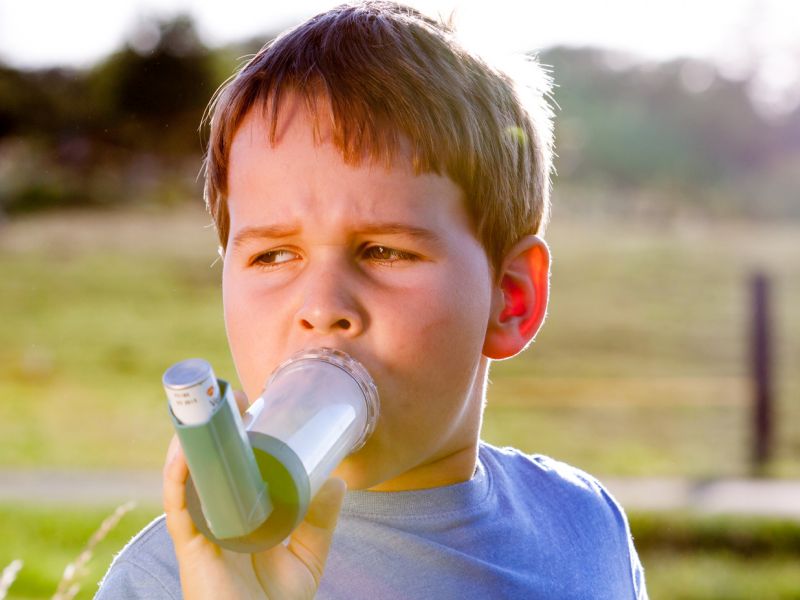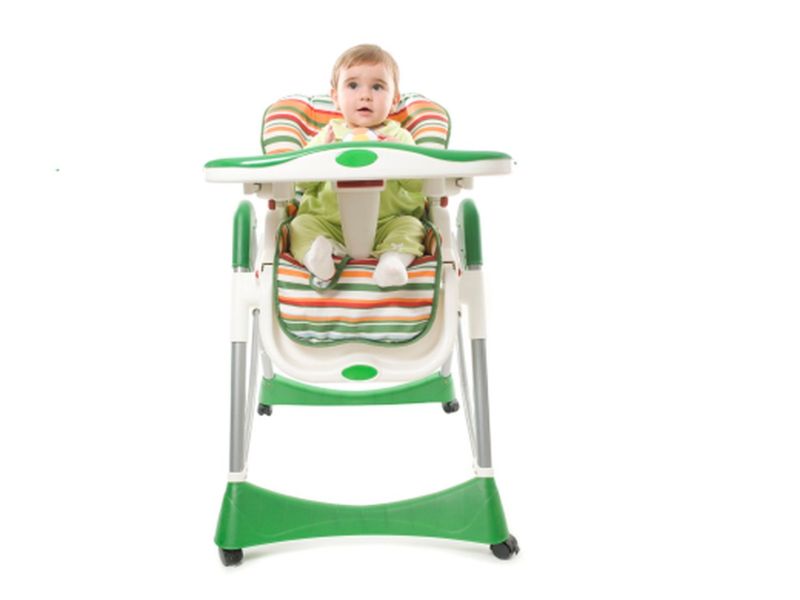
Smoking during pregnancy is never a good idea, but new research shows it might double the risk of a baby dying from sudden infant death syndrome (SIDS). “Any maternal smoking during pregnancy — even just one cigarette a day — doubles the risk of sudden unexpected infant death [SUID, another term for unexplained infant deaths],”… read on >




























